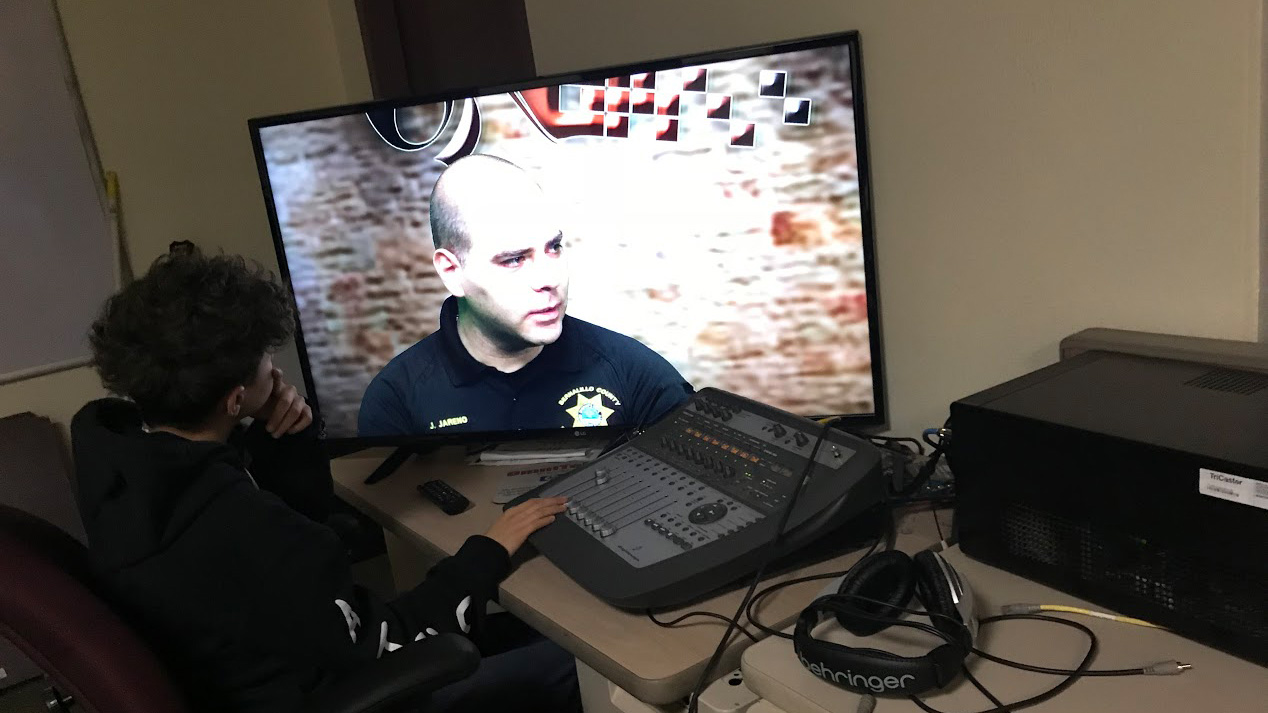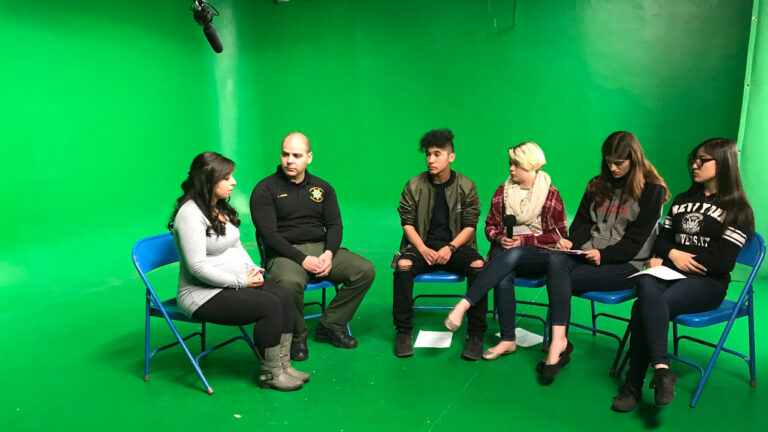Editorial: A Path To Community Policing
Teaching Children And Officers Works


At MACCS with BernCo Sheriffs
Anthony Conforti
Latest Article|September 3, 2020|Free
::Making Grown Men Cry Since 1992


At MACCS with BernCo Sheriffs
Anthony Conforti
